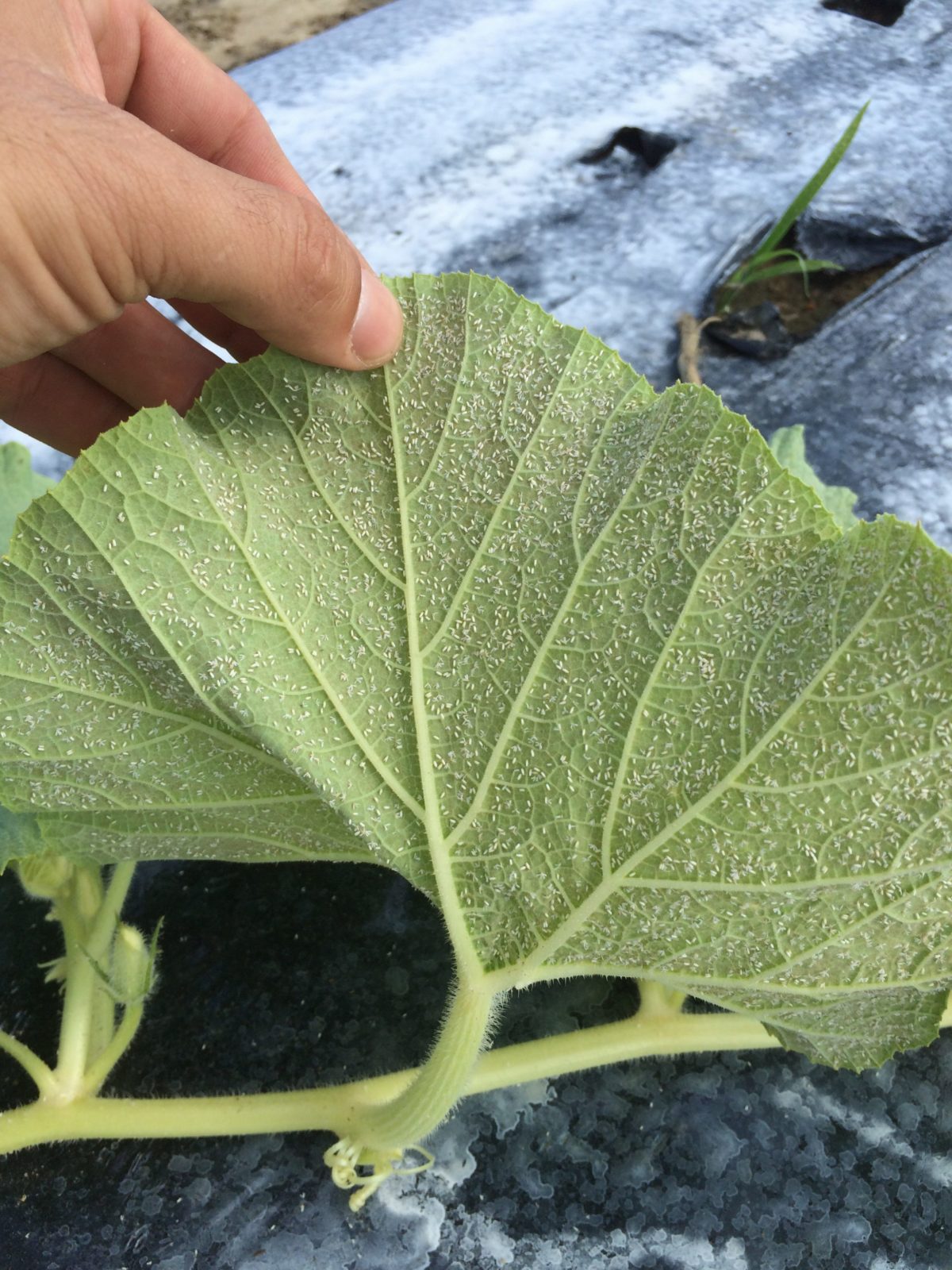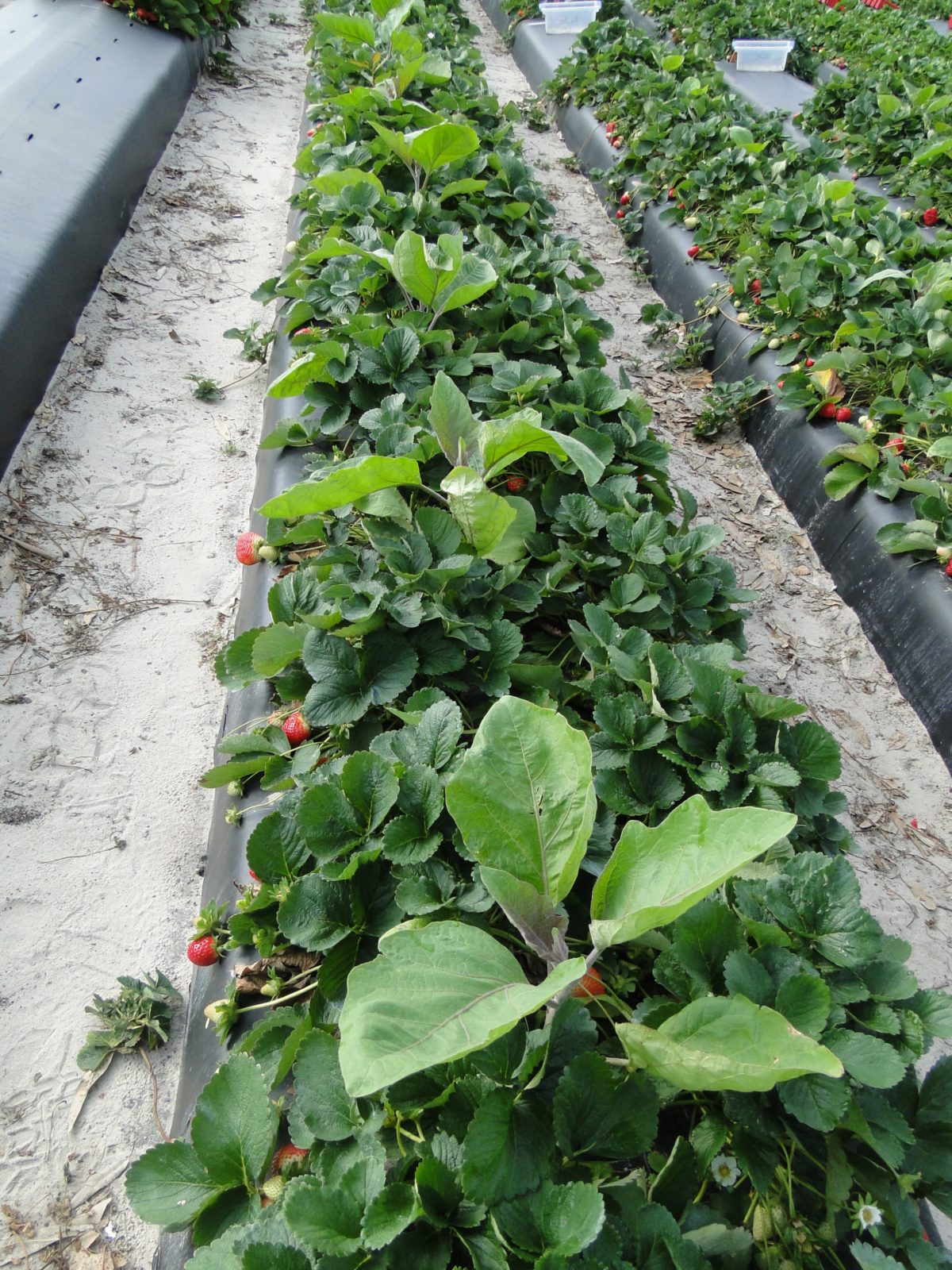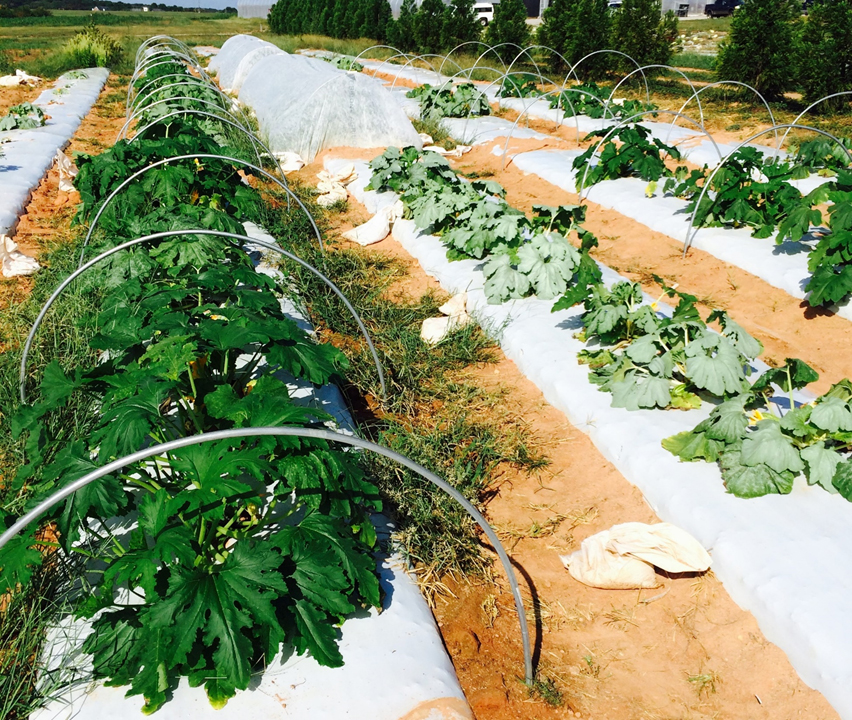By Karla Arboleda Researchers at North Carolina State University (NC State) are working to release new cucumber and watermelon varieties. Due to persistent issues affecting cucurbits, experts at NC State are aiming to improve cucumber and watermelon varieties. Todd Wehner, a horticultural science professor at NC State, is working to provide cucurbits that are resistant to downy mildew and gummy …
USDA Grants $3.2 Million Toward Whitefly Research
By Karla Arboleda After years of growers experiencing problems with whiteflies in vegetable crops, the U.S. Department of Agriculture (USDA) will fund $3.2 million toward whitefly research. The grant will fund research at the University of Georgia (UGA), Fort Valley State University and the USDA Agricultural Research Service in South Carolina. Bhabesh Dutta, a vegetable Extension pathologist at UGA-Tifton, shared …
Vegetable and Specialty Crop Seminars Cover Crucial Issues
By Ashley Robinson Last year, AgNet Media incorporated vegetable and specialty crop (VSC) seminars into the 28-year-old Citrus Expo. The change was met with positive feedback from both growers and industry members. Therefore, AgNet Media decided to expand that side of the program and debut the Vegetable and Specialty Crop Expo (VSC Expo) this year, being held in conjunction with …
EPA Registers Long-Term Uses of Sulfoxaflor While Ensuring Strong Pollinator Protection
Registration provides benefits to growers and is supported by strong science that shows minimal risks for pollinators. The U.S. Environmental Protection Agency (EPA) is issuing a long-term approval for the insecticide sulfoxaflor— an effective tool to control challenging pests with fewer environmental impacts. After conducting an extensive risk analysis, including the review of one of the agency’s largest datasets on …
Managing Southern Blight in the Southeast
By Gary Vallad Southern blight is a severe disease of vegetables that favors warm and wet weather common to production in the Southeast. The disease is caused by the soilborne fungus Athelia rolfsii (synonymous with Sclerotium rolfsii), which has a broad host range of over 1,200 plants. Since the phaseout of methyl bromide, outbreaks of southern blight have increased on …
Whitefly-Transmitted Viruses Pose Problems in Vegetables
By Rajagopalbabu Srinivasan The sweetpotato whitefly, commonly referred to as whitefly, is a major problem in vegetable production in Georgia and the southeastern United States. The whitefly can colonize hundreds of host plants in the landscape and has established itself year-round in this region. The pest has a short life cycle and is equipped with prolific reproductive capabilities. Consequently, its …
Whitefly Management Methods
By Hugh Smith The silverleaf whitefly (Bemisia tabaci) transmits tomato yellow leaf curl virus in tomatoes. The pest also transmits three viruses to cucurbits, including squash vein yellowing virus, which causes watermelon vine decline. In addition to virus transmission and contamination, the silverleaf whitefly induces irregular ripening in tomato and the silverleafing in squash that gives it its common name. …
Growing Multiple Crops on the Same Plastic Mulch
By Nathan Boyd Vegetable growers throughout the Southeast face intensive economic pressure from foreign competition, volatile markets and increased production costs. Alternative production systems are needed that reduce input costs and increase economic return. One potential approach is to grow more than one crop on the same plastic mulch. The vast majority of horticultural crops in the Southeast are grown …
The State of Organic Vegetable Production in Southern Georgia
By Timothy Coolong Southern Georgia is a powerhouse for wholesale fresh-market vegetable production. The vegetable industry in Georgia was valued at over $1 billion in 2015, with more than 170,000 acres in production, according to the University of Georgia’s 2015 Georgia Farm Gate Value Report. SIZE AND SCOPE The vegetable industry in southern Georgia is also extremely diversified, with more …
Pest and Disease Management for Organic Squash
By Elizabeth Little Organic vegetable production has been steadily increasing in Georgia. Growers offer a wide variety of high-quality produce, especially during the cooler months from October to June. However, summer production can be challenging due to the proliferation of pests and diseases on non-adapted crops. Both summer and winter squash can be plagued by many pests and diseases, and …












